Boiling water with respect to water decontamination or purification is something most people on the planet earth experienced personally sooner or later in their lives. This is actually true, although uncommon for some reasons, likewise for nations in the developed world, for example, the Europe and USA. But does boiling water purify it?
Of course, water boiling with the main aim of cleaning it and making it safe for drinking is greatly a natural issue for nations in the developing world, whereas in some areas this is a standard technique that is performed every day.
So as it is very obvious and taken advantage of by most people in the western world that when the tap is opened, the water is drinkable even if the taste isn’t that great, there are many areas where this isn’t the regular reality.
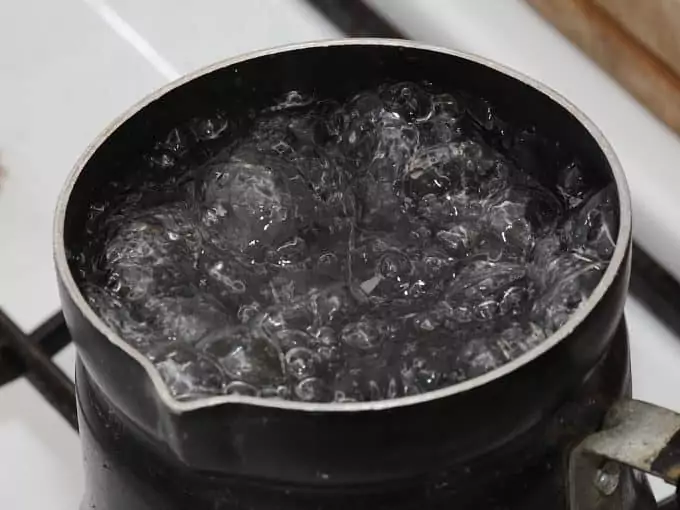
Water boiling is powerful and very easy, a technique to purify water from certain contaminations and bacteria. Obviously it doesn’t deal with all toxins or outside particles, however, at some point, this technique is everything it takes to have the capacity to drink the water when a sullying emergency emerges in a certain area.
The Meaning of Boiling
The boiling of water or some other substance, is done by heating water in a kind of container to the extent that it becomes vaporized due to its liquid state. Of course that water boiling is termed for decontamination and purification purposes, certainly, implies that there is no compelling reason to heat up the water with the intention of vaporizing them. That is often done when It comes to distillation.
The standard temperature of boiling water is generally 212 degrees Fahrenheit or 100 degrees Celsius, but there are situations when this point lowered or increases toward a marginally unique temperature.
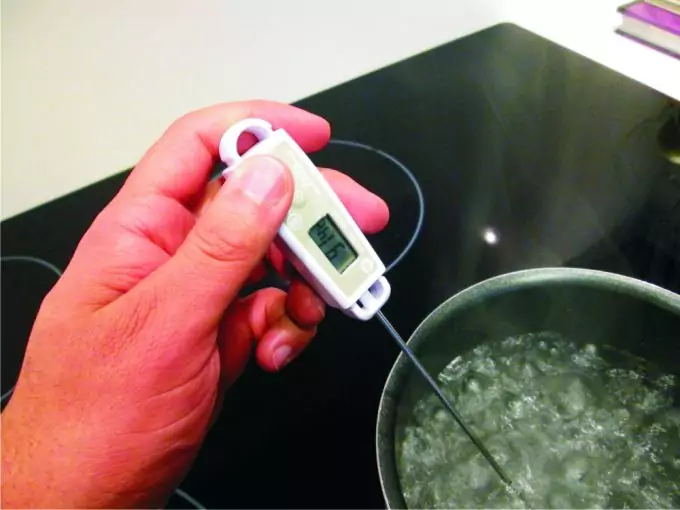
Changes in boiling point of water are usually affected by air pressure. Therefore, the effect happens when you endeavor to boil water at various altitudes – for instance on a mountain peak or to the Dead Sea shores. At the point when the height changes to a huge degree, the progressions get to be substantial. Generally, for each fall or rise of 100 meters, there is usually a marginal change in the boiling point of water.
Boiling water is the most secure technique for purification. Regardless of whether you are out for outdoors, in a nation with under or unsterilized water, or you are afraid that your local water supply has turned out to be contaminated, boiling that water eliminates parasites and germs.
In case you are voyaging, boiling your water for drinking can be a less expensive alternative to purchasing packaged water. However, it is vital to know to what extent you have to boil the water to make it safe for drinking.
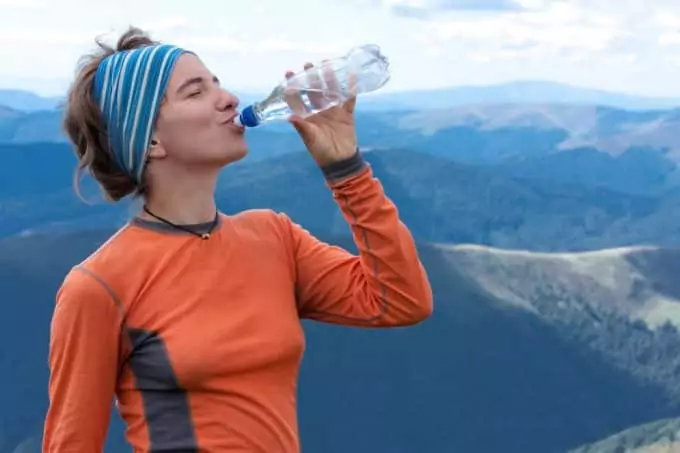
Boiling water eliminates protozoans, bacteria and parasites, but it doesn’t remove toxins and chemicals from the water. It might sound surprising to you, but relatively a few survival articles cover that part. In case you are getting your drinking water out of a clean mountain stream, then boiling up the water is most likely all you have to do.
However, if you are getting your drinking water from a different source such as a lake or waterway that gathers spillover from urban areas, then it is important you utilize a chemical water filter. You must remove the chemicals from your water before boiling it or it will be highly concentrated.
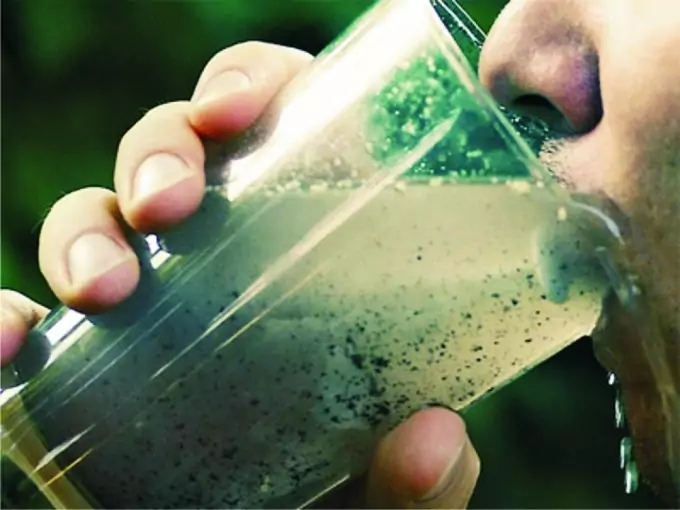
Indeed, even rain gathered from rooftops or plastic lined dejections on the ground may have some dreadful chemicals. Rain can have a huge number of unsafe chemicals, particularly if you abide in or close to an urban domain. Assuming your water is free of chemicals, filtering gadgets and the synthetic treatment of water nowadays are just quicker substitutes for really boiling it.
Water boiling is sustainable, not at all like chemical treatment and filters. Since you already have a heat source and a flame resistant vessel or some other related things, you can boil your water.
Chemical contamination, for example, arsenic is not evacuated by boiling. Also, water that contains a high iron amount, chlorine or calcium is not good for boiling water. White scales may store in the container base subsequent to boiling if there is a high residue of calcium in the waters.
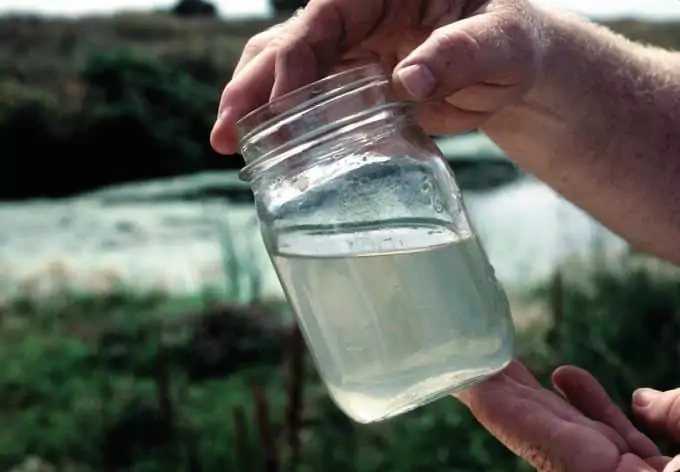
In such situation, the container needs to be washed appropriately after each usage. Boiled water has a flat taste and most people may dislike that. Hence, bubbled water can be refrigerated or chilled down to room temperature in order for it to taste great.
How Long Do You Need to Boil Water?
How long do you boil water to purify it? This has been an exceedingly debated subject for quite a while. Some people do say that water isn’t drinkable until it has attained a rolling bubble, while some others do, say 5, 10 or even 20min of boiling. This section of the article will resolve the issue and give you the accurate time period needed to purify water.
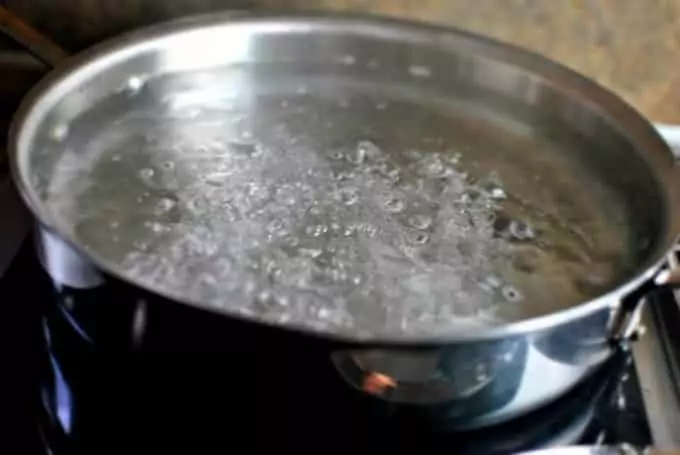
So why precisely is this a major issue to inquire? Why not simply heat up the water for 60 minutes to get it purified? Well, if you are opened alone to a limited water source, you don’t want to see it evaporating, with regards to survival you have to deal with your resources efficiently. If your only fire source is a fuel burner, any additional time spent boiling it will waste your valuable fuel.
If your water is cloudy, muddy or contains some organic particles, for example, wood or grass drifting around in it, then you need to boil it for a longer time, 10min and above at a consistent boil. This is due to the fact that you have to warm the inward temps of all that particles to no less than 160 degrees F (74 C) as well. Else they could harbor some dreadful microscopic organisms and some other things.
If you have a dirty water, you should purify it by utilizing some kind of filter framework, whether a commercial framework or something made on the fly or even an old shirt. This will save fuel and time over the long haul and guarantee that your water is pretty much safe to drink.
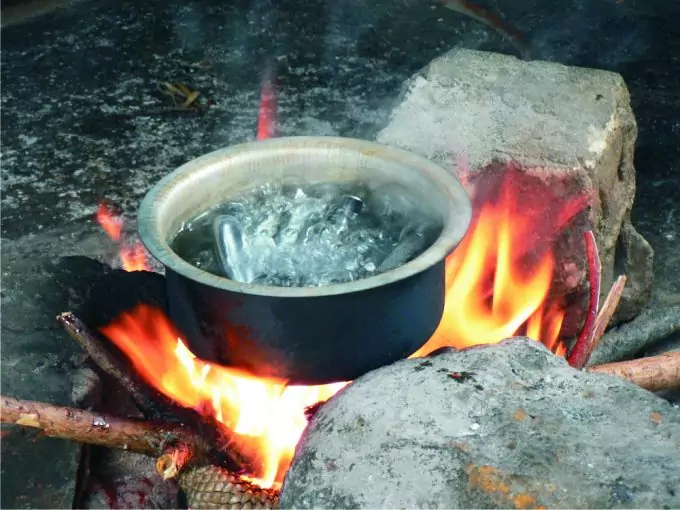
So shouldn’t something be said about high altitudes? When it comes to high altitudes, the time it requires for the water to attain a rolling boil and after that cool means that it is drinkable. If you live in 2,000-3,000 feet altitude, ensure that you let your water to sit in the pot, with a cover on it, until it becomes somewhat warm or cool before drinking.
In case you are making a coffee or tea ensure that you let it sit and after that warm it to the fancied temperature you require. You needn’t bother with a thermometer to measure the temperature of water, simply take your water to a complete boil and afterward instantly take it off the warmth and leave the cover on. When the water reaches a rolling boil, you have really wasted fuel, water and time.
In most situations, the time allotment that water is opened up to temperatures of 185 degrees Fahrenheit or higher between the time-period it attains 185 degrees Fahrenheit and the time-period that it attains boiling at 212 degrees Fahrenheit is sufficient enough to execute most pathogens and organisms in the water.
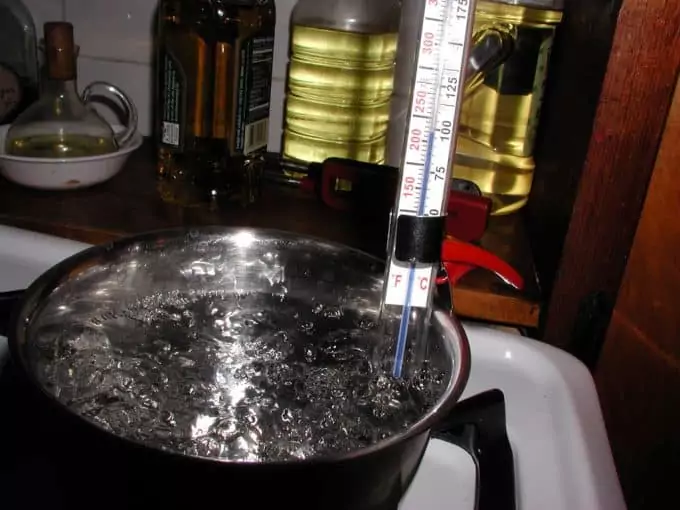
That is the reason why specialists have not recommended that you have to heat up the water for more than 1min or so. If you are heating water on an uncommonly hot intense warmth source, boil it somewhat longer to be drinkable. Typically, specialists suggest 3mins of rolling bubbling water at sea altitude to safely purify water for drinking.
Vital Reasons for Boiling Water Before Drinking
Why try to heat up the water before drinking? Well, if you are on an outdoor trip, and you discover a flood of water, you would really be endangering your well-being by drinking from it without purifying first. We all know that water, naturally, is a host to numerous dangerous pathogens which can bring about an intense sickness or even result in sudden death.
Water boiling is an ideal approach to guarantee that it is good for drinking, sifting gadgets and synthetic purification items are not as viable. Heating up your water will surely eliminate all sorts of organisms, for example, microbes, parasites, and viruses. Some methods require the use of bleach. See our informative piece on purifying water with bleach for more options.
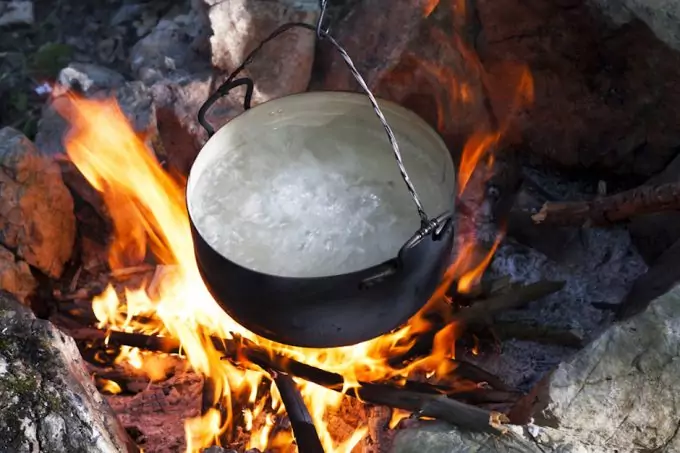
The truth of the matter is that when your water has attained a required boiling point, all pathogens have as of now been executed! As a safety measure, you may want to boil the water for a complete minute just to be a safer side. The time it requires for your water to attain a boil and afterward chill off is all that could possibly be needed to kill every single destructive organism that could cause sickness.
Aside from boiling water to purify it and eliminate all forms of dangerous organisms, here are some other reasons why you should boil your water and make it warm enough before drinking.
Cleanses Digestion
Drinking a warm cup of water early in the morning can help to cleanse your body from toxins by flushing it out. Water and some other liquids help to grind the food that goes into your stomach and also regulate the digestive system.
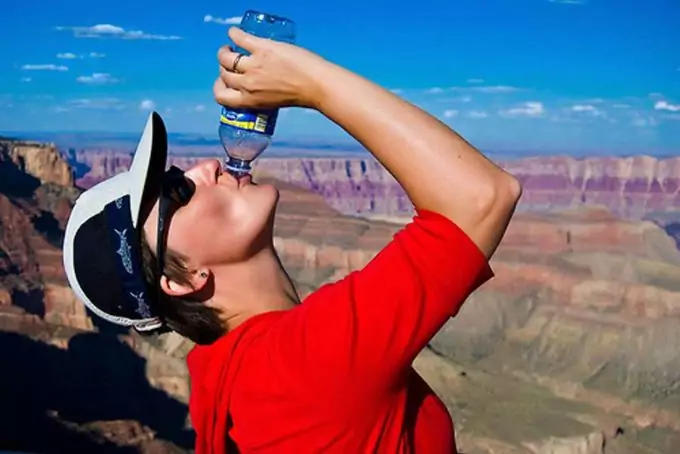
Boiled water will help to break the foods quickly, thereby enhancing easy digestion. Taking a cup of cold water amid or after a meal can really solidify the oil in food already consumed and thus make a fat deposit in the digestive tract.
Adding ice to already boiled water may strip it of its natural minerals, as these minerals are important to keeping the intestine healthy. Fortunately, you can supplant a cup of chill water with a warm one to enhance digestion, particularly after taking a meal.
Helps Constipation
At a certain point or another, the majority of us are tormented by this regular stomach issue where we have little or no bowel movement. The kind of strain felt amid elimination, joined by bloating, is caused by an absence of water in the body system.
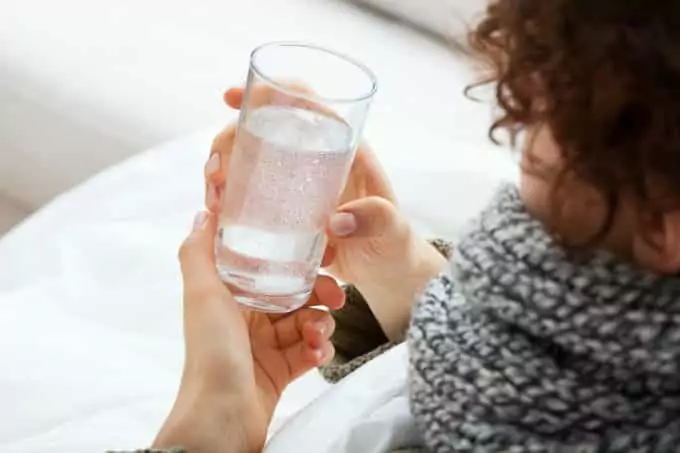
Taking warm water already boiled in the morning on a void stomach can help enhance bowel movements and help constipation while grinding food as they easily go through the digestive tract. Rousing the bowels will return your body system back to its normal operation.
Alleviates Pain
Warm water already boiled, thought to be nature’s most effective home cure, can assist reducing pain arising from menstruation to cerebral pains. The heat produced by warm water is well-known to have a soothing and calming impact on the muscular strength, which can help give immediate alleviation to cramps and muscle spasms.
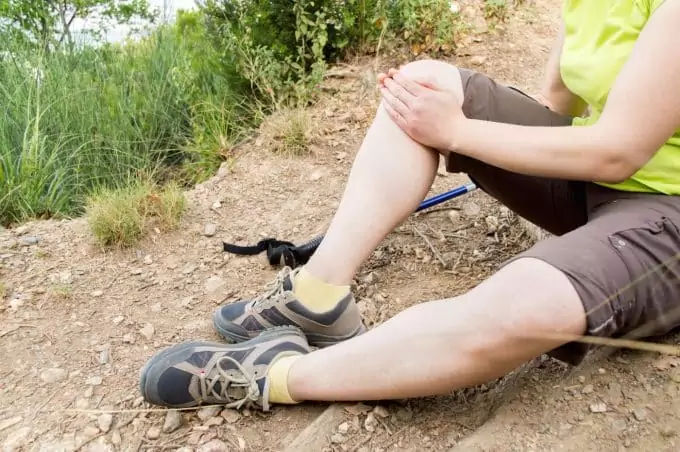
Boiled water is typically better for cramps since hot liquids enhance the flow of blood to the skin and help unwind the spasms muscles.
Sheds Excess Pounds
In case you are on a diet, you might have probably heard that drinking a cup of warm early in the morning water before anything else can enhance weight loss. Warm water rises the temperature of the body, which in this way enhance the metabolic rate.
An expansion in metabolic rate permits the body to smolder more calories all through the rate. It can likewise help the kidneys and gastrointestinal tract to work far better.

Doctors suggest taking warm water early in the morning, often with a polyphenol-rich lemon submersion, or also with a tea appeared to lessen free radical movement in the body. Taking a cup of warm water together with a lemon will help dissolve the fat tissue in the body, and furthermore, regulate food craving because of lemon’s pectin fiber.
Enhances Blood Circulation
The deposits of fat in the body are dissolved along with compiling residues in the nervous system after taking a cup of boiled warm water. This purges out the dangerous toxins that are circling all through the body and then promotes the circulation of blood. Ensuring that the muscles are in a relaxed state will wipe out poor circulation of blood.
Reduces Premature Aging
Untimely aging is common mostly in women, but fortunately, this can be counteracted by drinking boiled warm water. The availability of any harmful toxins in the body can prompt untimely aging, but drinking warm water can help to purge out those poisons from the body while repairing damaged skin cells to enhance elasticity.
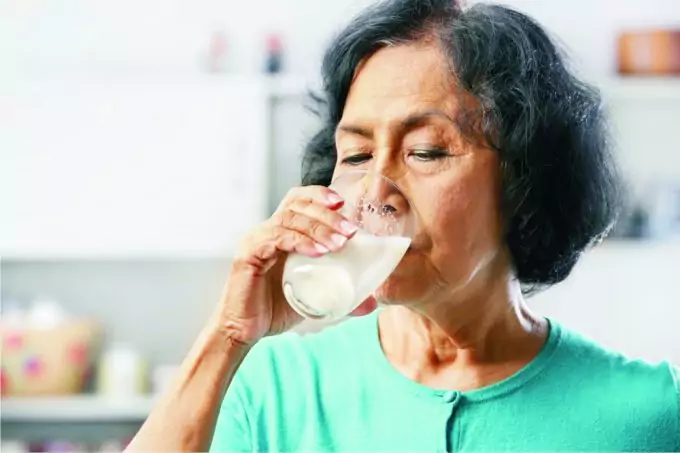
To receive the health advantages of warm water, you need to drink it each morning alone or you can also add lemon, for taste.
It is highly recommended that you have warm water because drinking straight heated water can possibly be harming to tissue present in the mouth and throat. After boiling your water, ensure that leave in for some minute so that it can become warm enough before drinking. Likewise, do check with your health specialist before taking boiled warm water in case you are on any drugs that could affect the viability of your medication.
Wrapping it up
Boiling water is a very common task that knowing how to do it can render help to you anywhere. Although water boiling is the best technique for purification, fuel deficiencies or absence of a heat source may imply that this isn’t possible at times. That’s why you have to check out our article on purifying water using the best gravity water filter for more information.
In these cases, you can eliminate most of the pathogens by utilizing ordinary household unit bleach that doesn’t contain any dyes or perfumes. You need to utilize a spotless container and include five drops of bleach for each two liters of water.
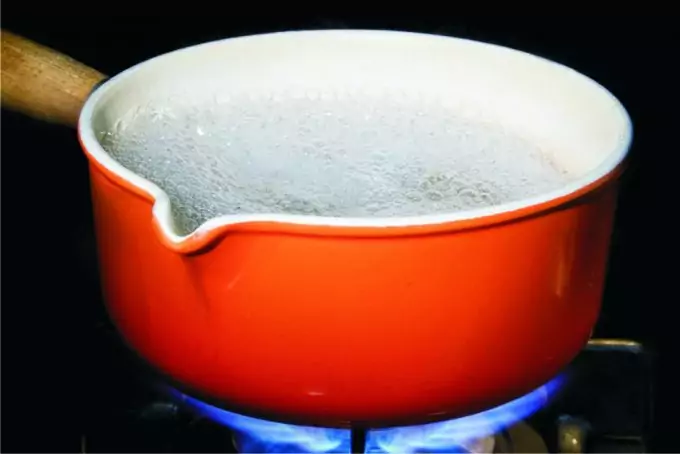
This solution needs to remain for almost thirty minutes before the water is drinkable. This technique does not eliminate all pathogens present in the water and, while it is helpful in any emergency, you need to try and boil your drinking water where possible. For more options, see our article on the best water purification tablets for you needs.
Like to share your experience on how boiling has helped you purify your water and some other benefits you have derived from drinking boiled warm water? We do love to hear from you. You can leave us a comment below.

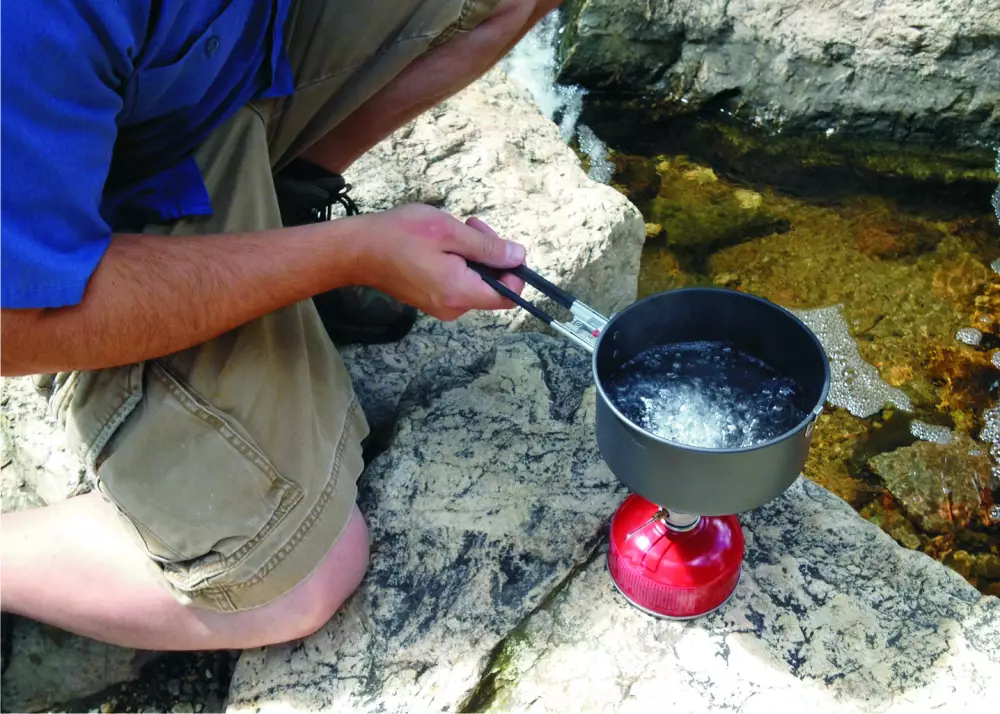






Thank you for the notes on what boiling doesn’t purify out of water. It’s simple enough to boil it and call it clean, but we can forget that the source of the water is very important when it comes to how to purify it. Like you say, runoff from urban areas has to be avoided unless you have a chemical filter. I try to teach that to everyone I meet on the trail.
There is a lot of important information on water to be known!
It is said that humans need to take several glasses of water per day, and, therefore, it is save to say that hikers and people in the outdoors should take even more water than a normal person, because they are getting dehydrated in the process of doing whatever they are doing. However, just taking water will not cut it. The water needs to be as safe to drink as possible to avoid possible illnesses as we try to flush out toxins from our bodies.
We agree!